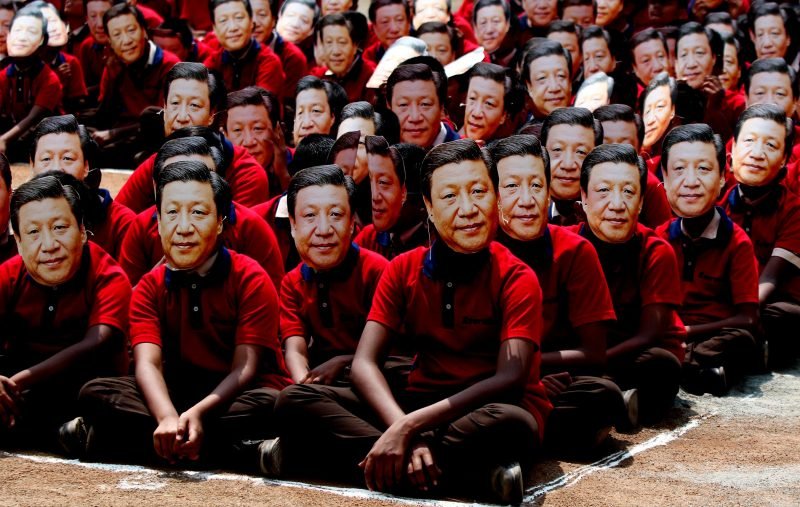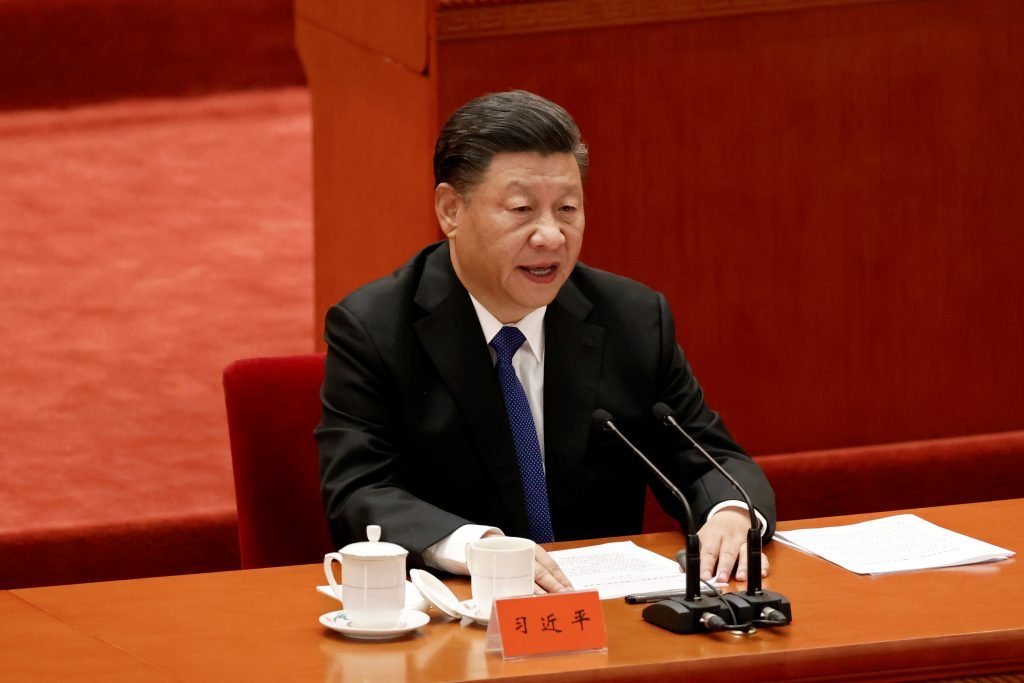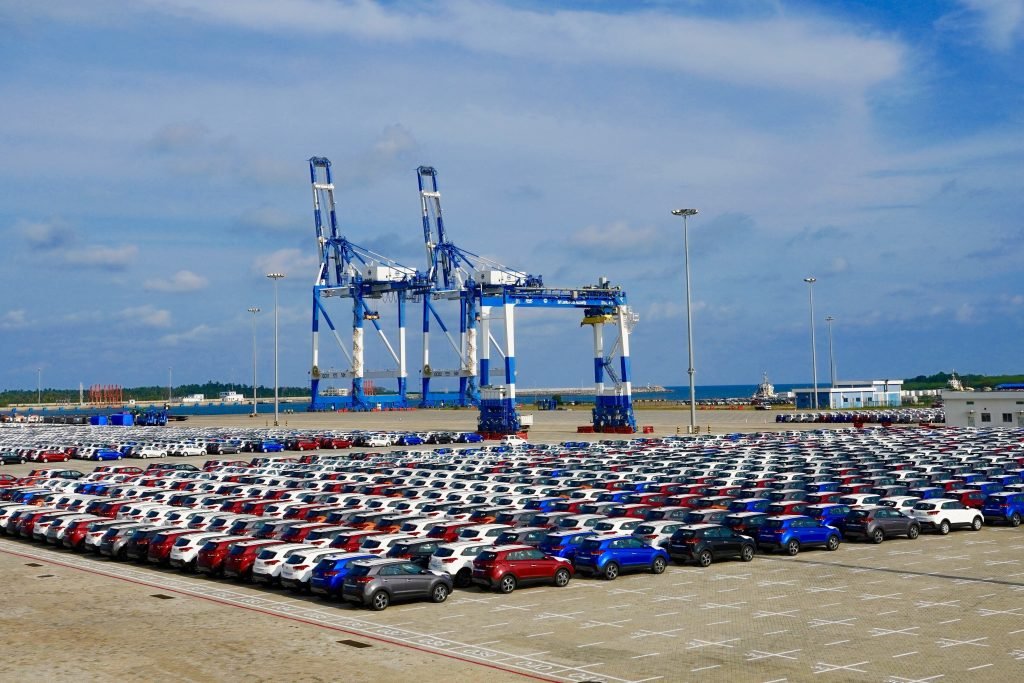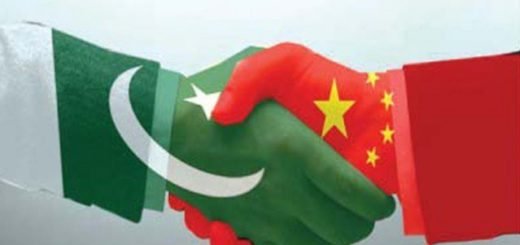Comprehending China’s Influencer Strategies

In June this year, India’s Border Security Force (BSF) nabbed a Chinese intruder at the Malik Sultanpur outpost, when he was attempting to stealthily cross the international boundary between India-Bangladesh. Interestingly, he claimed that he crossed a river by mistake and landed up in India. The Chinese intruder Han Junwei (36) has visited India on seven occasions previously with the first one in 2009, has no relatives here but visits frequently for the purpose of his export business. The extensive electronic equipment found in his possession indicated that he was working for the Chinese Intelligence Agency in India. This incident is just a small indication of a much larger, hidden and underestimated problem. In all likelihood, there is abundant activity related to contemporary covert Chinese operations in India, yet there appears to be inadequately published literature on Chinese intelligence activities.
Last year a Tibet born, naturalised American citizen serving as a New York City cop was discovered to be reporting on the activities of Chinese citizens in the Queens area and assessing potential sources of intelligence in the Tibetan community. One of his handlers was identified as a Chinese consular employee working for the United Front Work Department (UFWD), a nebulous part of China’s bureaucracy whose purpose is to influence Chinese citizens and foreigners, by means of intelligence gathering, silencing dissent, and cultural exchange.

According to a report published by US-based human rights NGO Freedom House, under Xi Jinping’s leadership, the Chinese Communist party (CCP) has thrown itself into “transnational repression” by which the PRC government tries to influence opinions, stifle speech and control dissent within and beyond its borders. These activities aimed at influencing groups not directly controlled by the CPC, inside China and out, are all planned and coordinated by the UFWD. According to former Foreign Secretary, Amb. Vijay Gokhale, while the role of the People’s Liberation Army (PLA) — in establishing, consolidating and expanding the Party’s power is widely researched, that of the “UFWD is barely understood and, thus, underestimated.” UFWD plays a major role in servicing the CCP’s external operations and is not limited to countries with significant overseas Chinese populations. Its main role is to enhance the Communist Party’s discourse power abroad. UFWD was described by Mao as a “magic weapon” in 1939, its efforts are to cultivate a benign and positive image of China in the international public opinion through “feel-good” stories. The intensity of UFWD’s penetration has increased under Xi Jinping, as China increasingly finds itself criticised over its military aggression, economic coercion, and offensive diplomacy. It focuses on narrating a “China story” abroad in ways that strengthen the CPC’s discourse power and shape international public opinion in its favour, in tandem with China moving closer to the “centre of the world stage”.
Chinese plans are to undermine India’s connection with Buddhism and project itself as an integral component of Buddhism’s history in Asia, and the leading stakeholder in the contemporary discourse on the religion. Especially in South Asia, UFWD has been expanding its activities to fund frontal organisations engaged in the redevelopment of Lumbini, which it plans to control as the focus of a “Buddhist tourism circuit.” Another important theme for the UFWD is the propagation of the Belt and Road Initiative. In target countries, multiple newspapers have worked with the Chinese embassy to coordinate roundtables on the benefits of the BRI for the country.

UFWD has a vast network of organisations and state agencies across the world, collectively known as the united front system to deliver the duties of Chinese ideological subversion intelligence and propaganda network. An extensive media network is employed to push through the party’s message, with the China News Service being the primary tool. In other countries, WeChat accounts run by Chinese media outlets operating overseas are registered to a subsidiary of China News Service. In the target countries, UFWD funds think tanks and human rights organisations that try to push through the Chinese message. The united front also creates assets and networks in the foreign countries that help the Chinese intelligence agencies to operate in the target countries. Since Xi Jinping’s coming to power, united front officials disguised as Chinese diplomats have been tasked with holding meetings with local united front leaders and influencing public opinion.While some of these activities may be legal public diplomacy, united front work binds them with espionage and transnational repression. Their activities are aimed towards shaping the choices of local political and economic elites. In South Asia, this is especially visible in Bangladesh, Maldives, Nepal and Sri Lanka. In these countries China is involved in high-value project finance and operations partnerships; for instance, Hambantota and Colombo port projects in Sri Lanka and the Padma Multipurpose Bridge Project in Bangladesh. But the economic element is increasingly intertwined with political and governmental interference in these countries. Their media outlets try to influence the parameters of public opinion, through local civil society and academia.

Australia’s Strategic Policy Institute (ASPI) has done some of the most extensive work regarding Chinese agencies involved in united front work including the propaganda department and the ministry of education. In a 2020 report titled ‘The Party Speaks for You’ author Alex Joske writes “Xi Jinping has emphasised that “the United Front is about working on people” … “Co-opting and manipulating elites, influential individuals and organisations is a way to shape discourse and decision-making.”
As stated above, in many South Asian countries, China’s economic influence has expanded exponentially and with it extensive propaganda activities. However, there appears to be an incomplete understanding of these tactics among local experts. Only now are reports emerging that hint towards CPC’s activities through mechanisms like the UFWD. As Vijay Gokhle writes, there is a pressing requirement for broader China studies in India beyond the focus on the PLA, on China’s foreign policy in South Asia. ASPI recommends disrupting the CCP’s capacity for covert influence and technology transfer, by first developing analytical capacity for understanding foreign interference. As in other countries, UFWD’s work in India would attempt at cultivating China apologists and sympathizers in various fraternities. In order to comprehend the magnitude of the challenge, India must encourage local experts towards a deeper understanding of Chinese propaganda and activism, and then match analysis to policy recommendations to counter the rapid influx of Chinese capital, programs, people, technology, and other sources of influence.


















